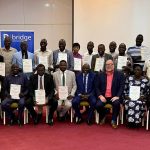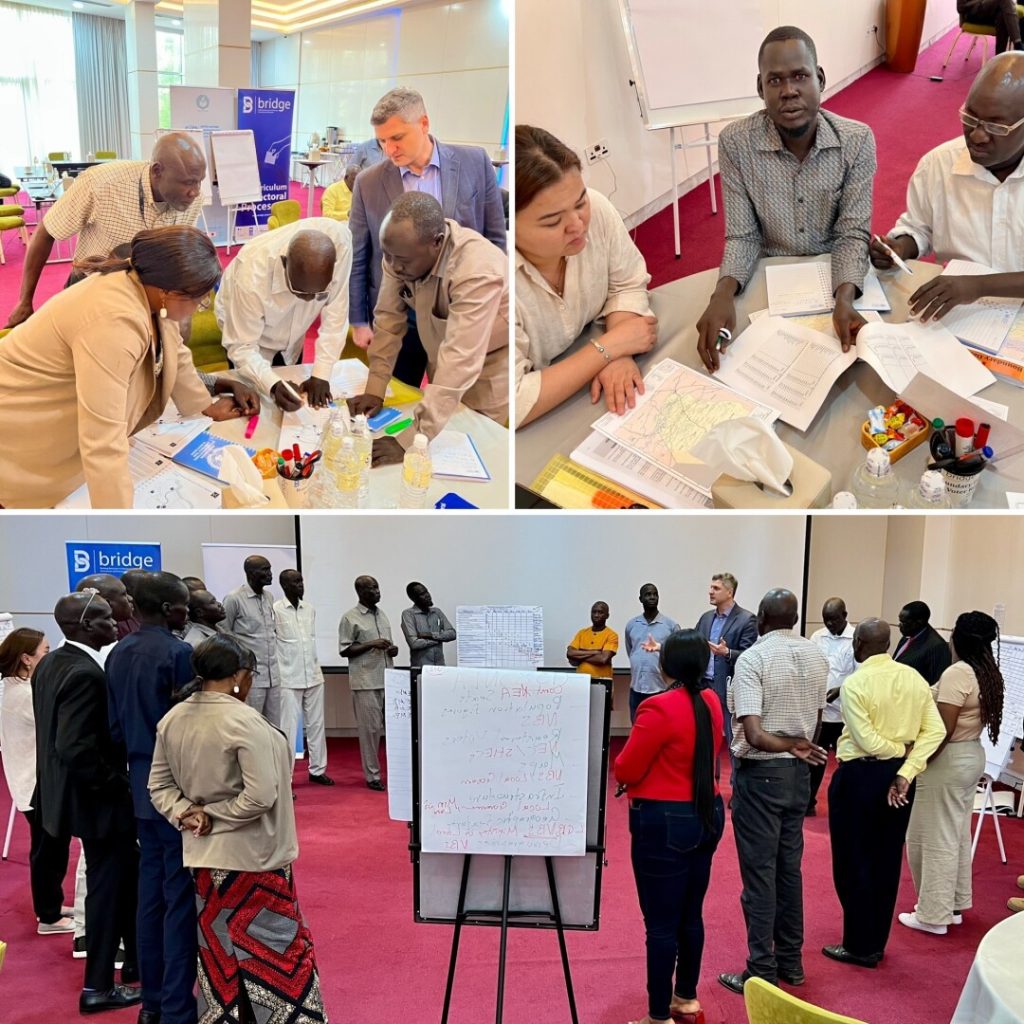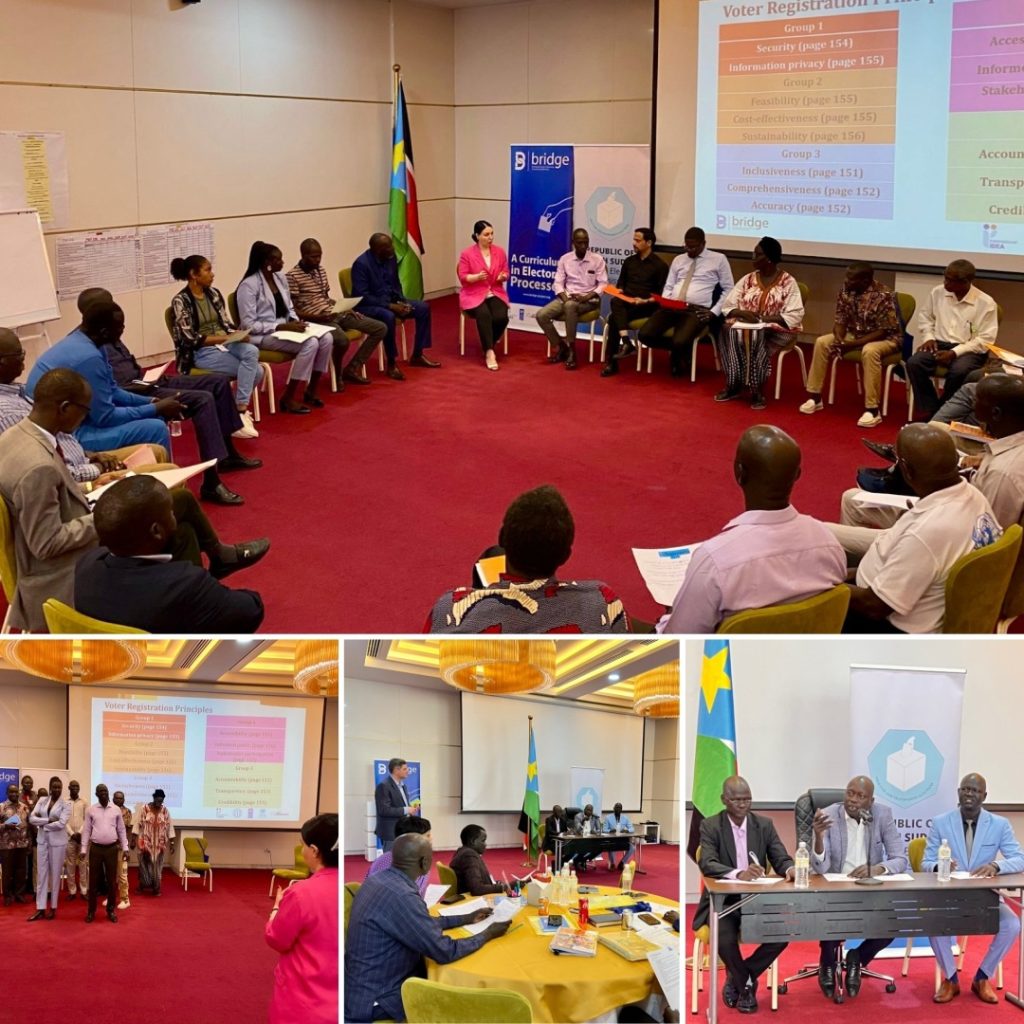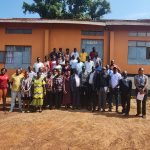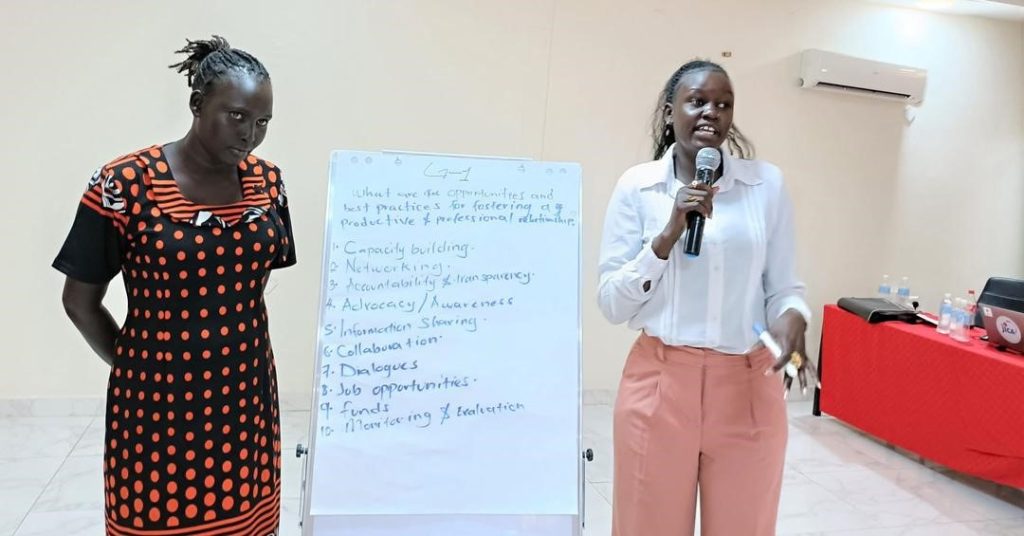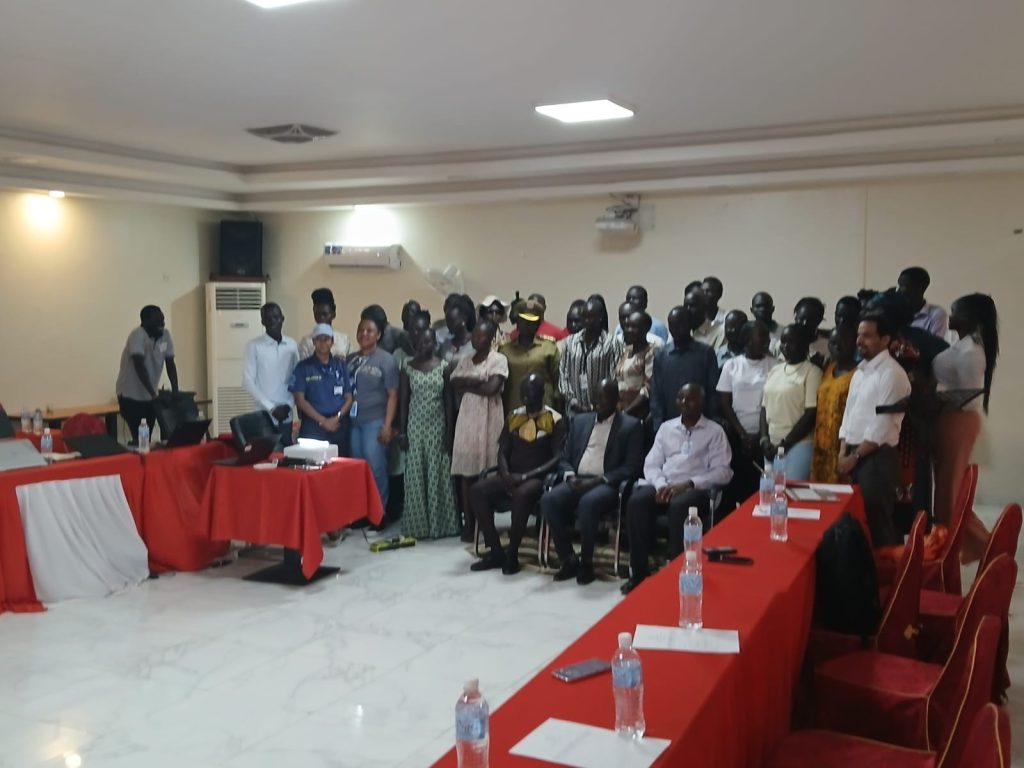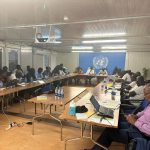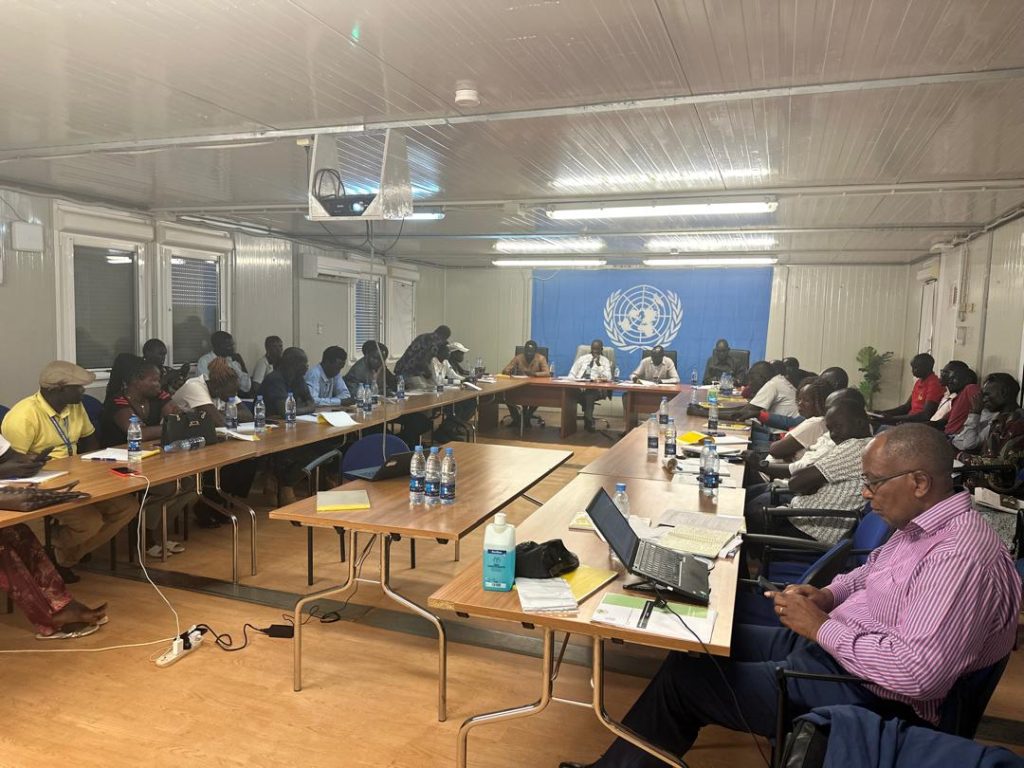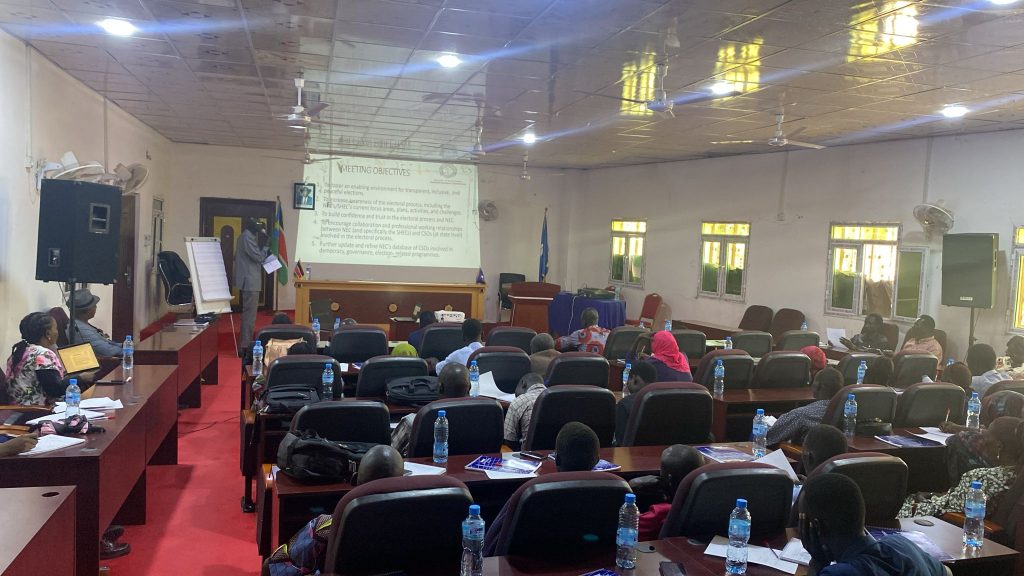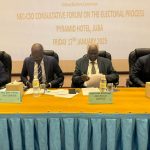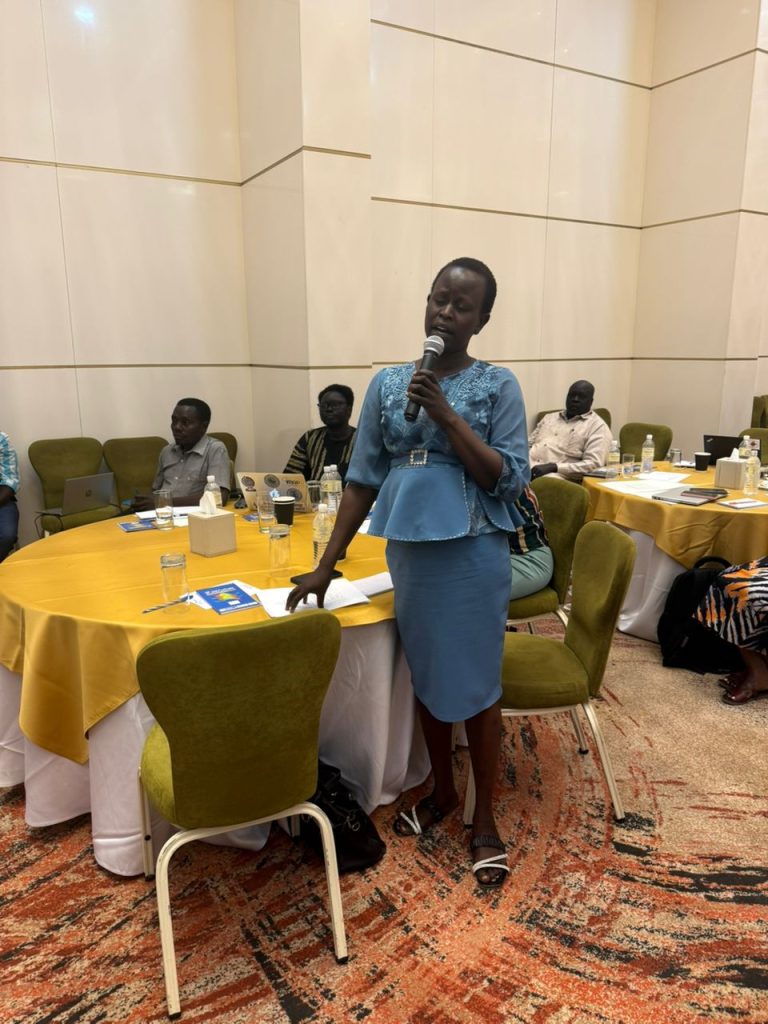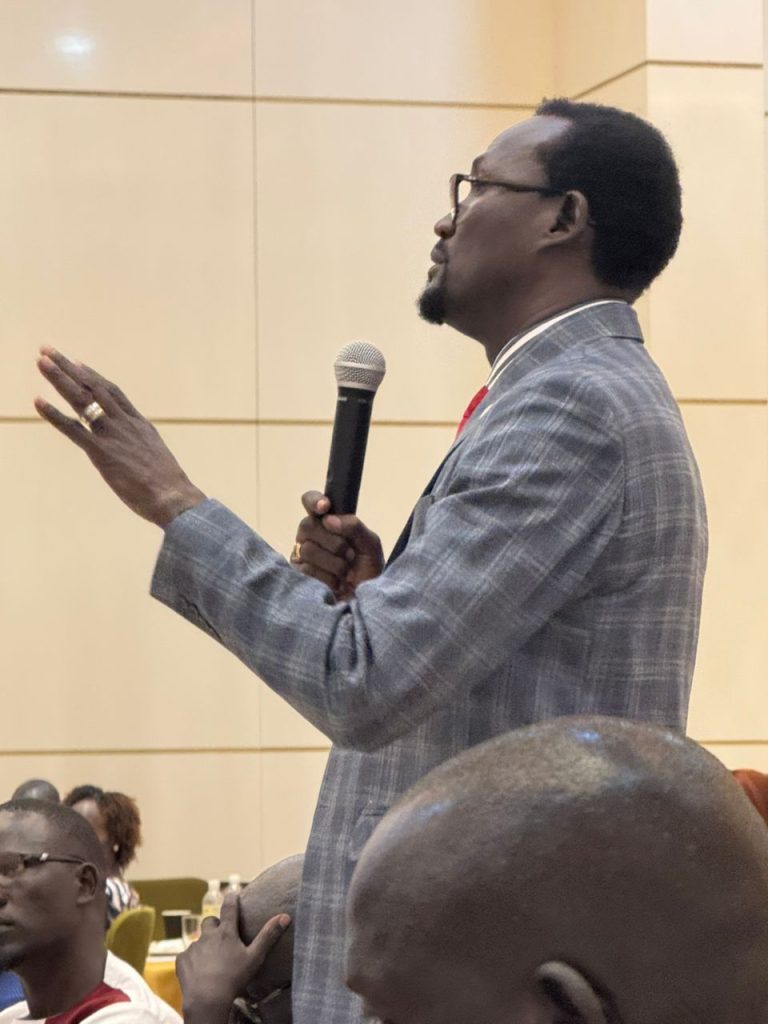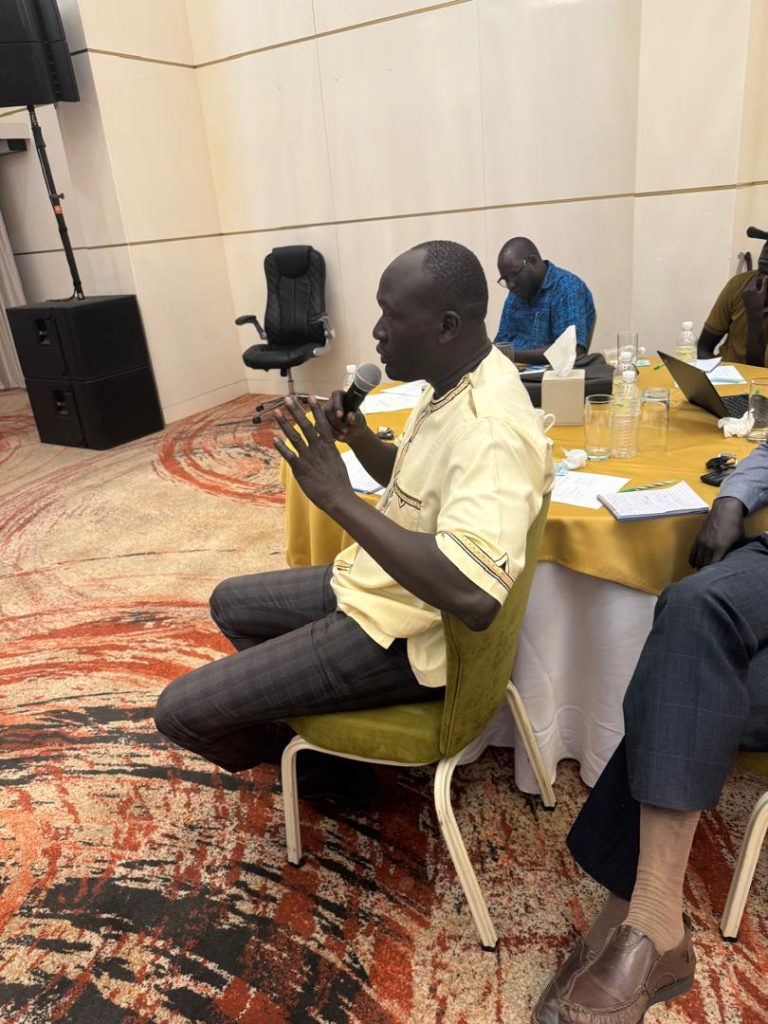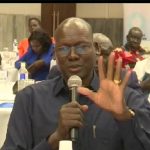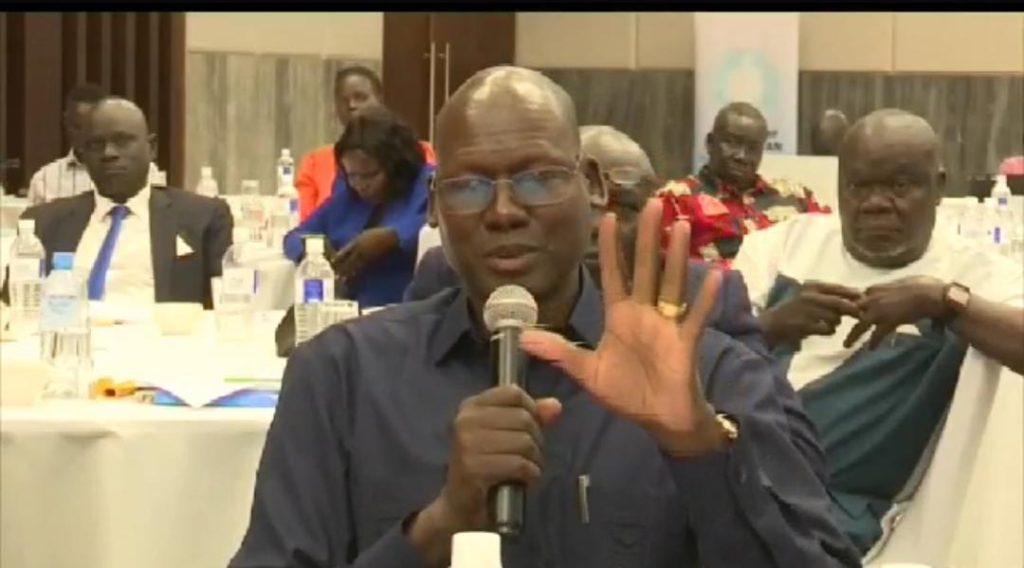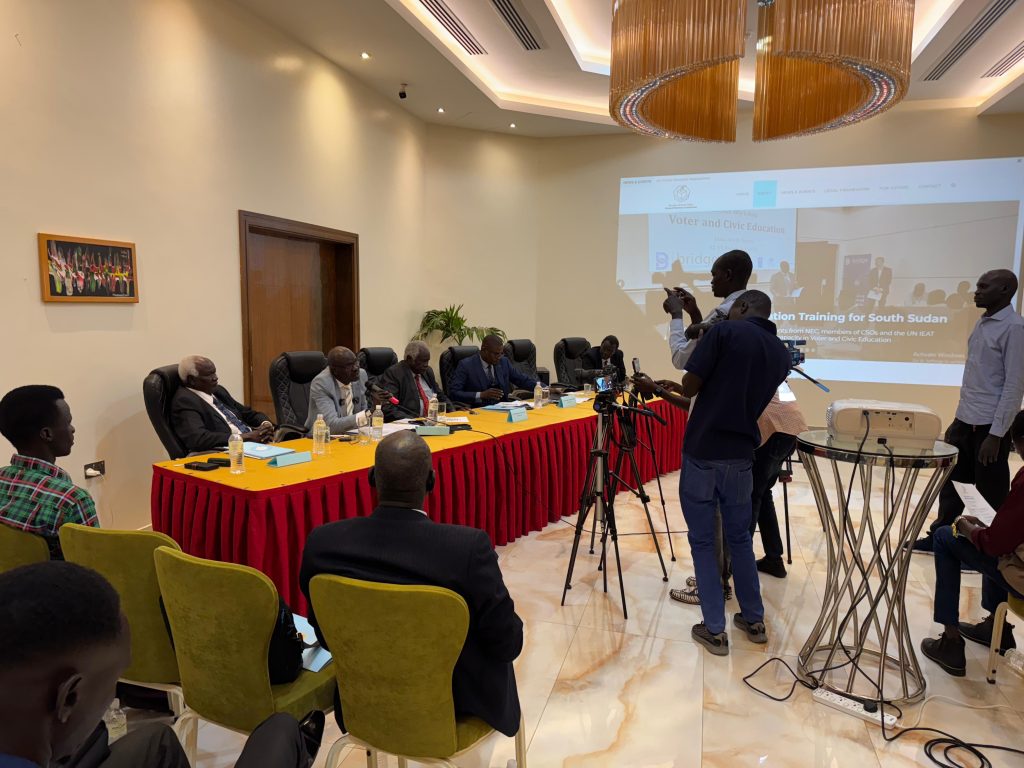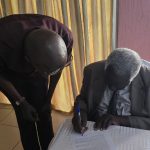Stakeholders’ Validation Workshop on Media Communication Strategy for General Election in South Sudan

The Media Authority and the National Communication Authority (NCA) co-chaired a Stakeholders’ workshop held on 7th May 2025 at Telecom House, Juba, under the theme “Unpacking Elections Media Communication Matrix”. The event brought together key institutions including South Sudan Broadcasting Corporation (SSBC), the Information Commission and the Universal Service Access Fund (USAF), with guidance from the Competent Minister of ICT and Postal Services.

The workshop focused on the upcoming General Elections process to ensure transparency, inclusivity and credibility to reflect the democratic aspirations of the South Sudanese people. The program was centered around enhancing voter education to ensure that every eligible citizen is well-informed about their rights and responsibilities. It also aimed to promote peaceful participation by fostering an environment of tolerance and respect. Another strategy was designed to combat misinformation, providing accurate and reliable information to counter false narratives; and furthermore, to ensuring equitable media access to all political parties and empowering citizens to make informed decisions.

The workshop brought together representatives from a diverse range of stakeholder groups which included National Election Commission, Political Parties, Civil Society Organizations, Media Fraternity, UN Agencies, Donors, Academia, Government and Law Enforcement Agencies.
Opening remarks were delivered by senior government officials and stakeholders including Hon. George Lemi Yata (Spokesperson – National Election Commission), Hon. Oliver Mori Benjamin (Spokesperson – Transitional National Legislative Assembly), Hon. Elijah Alier Kuai (Managing Director, Media Authority) and Edmund Yakani (Executive Director – Community Empowerment for Progress Organization); among others.

This collaborative initiative demonstrated a unified commitment to strengthening media engagement and access to information during election.



